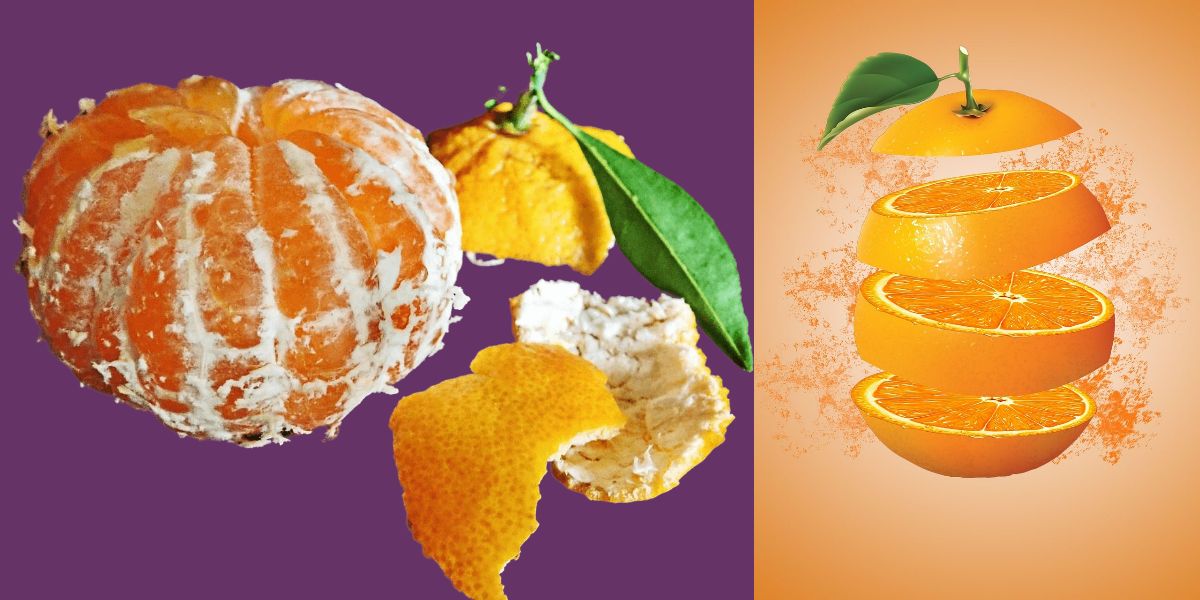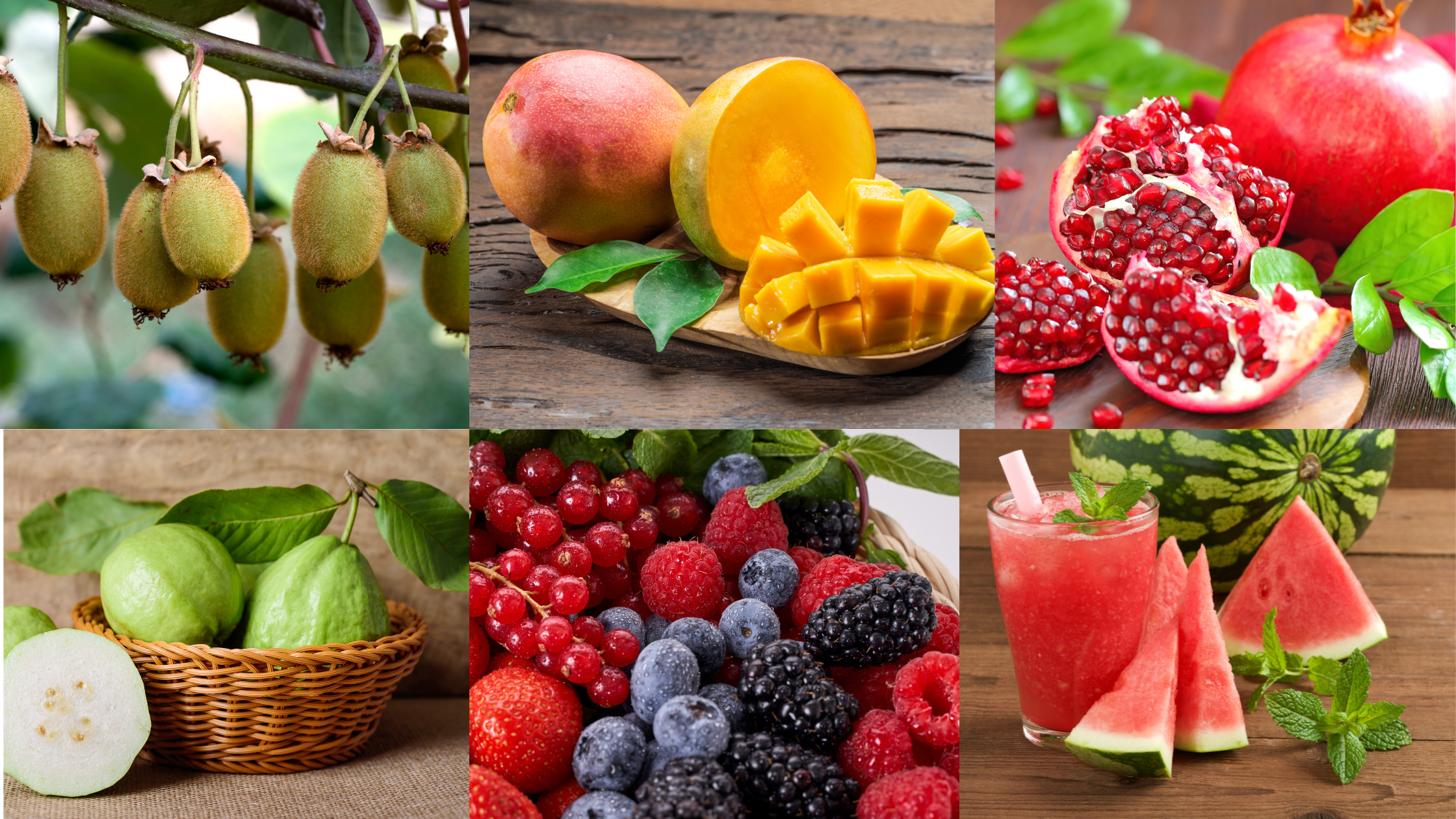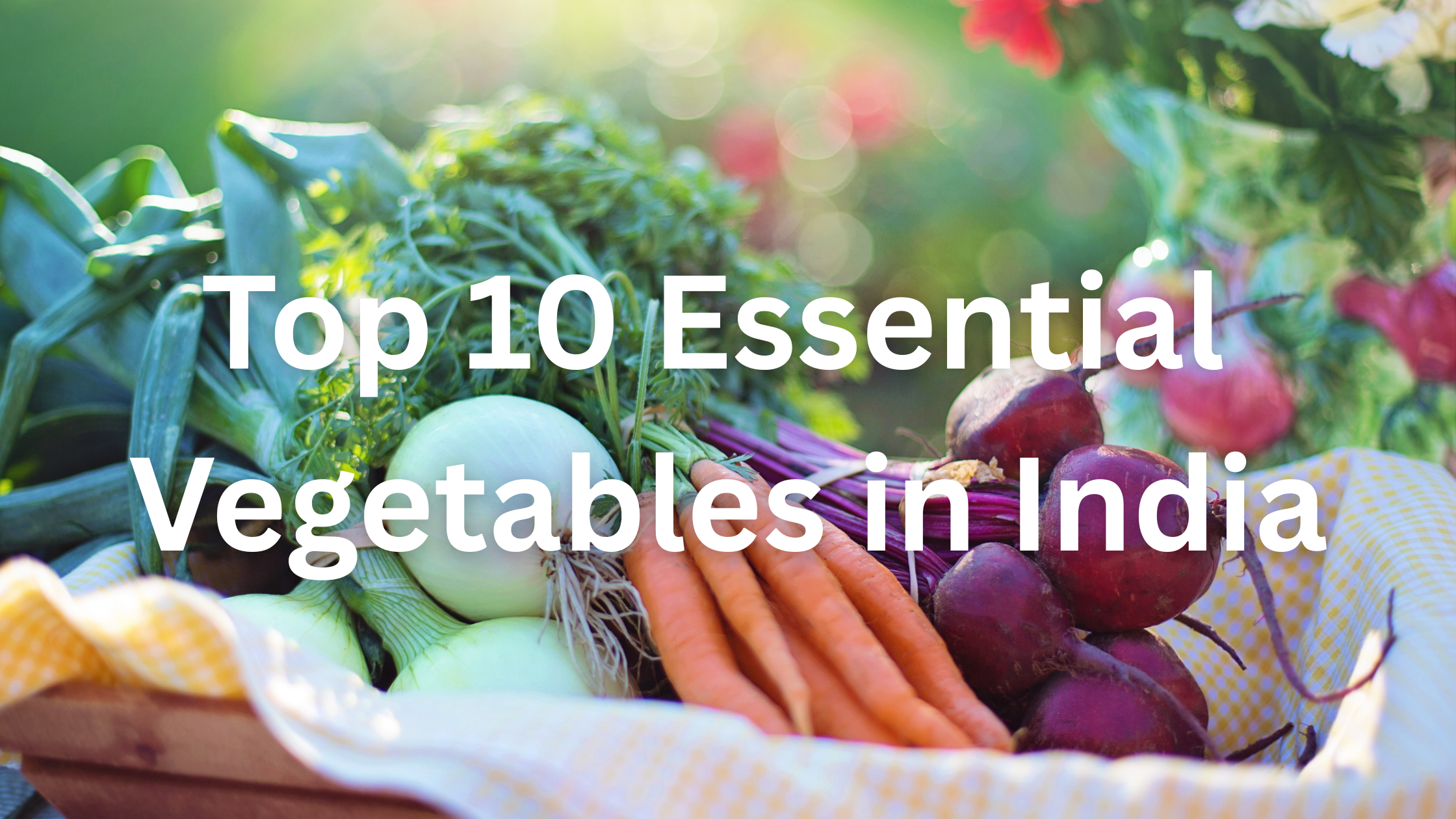Edible Fruit Skins Benefits
Peeling fruits and vegetables might seem like a healthy habit, but you could be throwing away some of the most nutrient-rich parts of your food. Many peels are loaded with fibre, vitamins, antioxidants, and minerals that play key roles in supporting digestion, improving immunity, and promoting skin health. By keeping the skins on, you can not only enhance the nutrition of your meals but also help reduce kitchen waste.
While a few peels, such as those from mangoes and lychees, may be unsafe to eat, plenty of others are perfectly edible—and incredibly good for you. Let’s explore eight fruit and vegetable skins that deserve a spot on your plate.
1. Kiwi Skin – A Fibre and Vitamin Boost
Yes, the fuzzy kiwi skin is edible! Eating the whole kiwi significantly increases fibre intake and adds more vitamin C, vitamin E, and powerful antioxidants like polyphenols to your diet. Studies have shown that consuming kiwis with their skin may help reduce inflammation and promote healthy digestion. Wash the fruit thoroughly before eating.
2. Tomato Skin – A Source of Lycopene
Tomato skins are rich in lycopene, an antioxidant that helps protect against UV damage and supports youthful-looking skin. The peel contains more than twice the lycopene of the flesh, along with trace minerals such as copper, manganese, and zinc, which contribute to overall skin and heart health.
3. Watermelon Rind – The Underrated Superfood
The rind of watermelon might not look appetising, but it’s actually rich in fibre and vitamins C and B6. It also contains citrulline, an amino acid that may improve blood flow and help regulate blood pressure. Add diced rind to salads, pickle it, or blend it into smoothies for a hydrating, refreshing twist.
4. Citrus Peel – Zesty and Nutrient-Dense
The zest of citrus fruits, such as lemons and oranges, adds a burst of flavour while offering nutrients like vitamin C, dietary fibre, and antioxidant compounds. Citrus peels contain bioflavonoids and polyphenols, such as limonene, that help fight inflammation, support immunity, and protect against chronic diseases.
5. Potato Skin – A Source of Hidden Nutrients
Potato skins pack more vitamin C, potassium, magnesium, and folate than the peeled potato beneath. They’re also a fantastic source of fibre, which aids digestion and improves satiety. Research has linked compounds in potato skin to collagen production and antioxidant activity—both key factors in maintaining youthful, healthy skin.
6. Carrot Skin – Bright Colour, Big Benefits
Carrot skins are thin yet nutrient-dense, supplying beta-carotene, fibre, and a range of antioxidants. Beta-carotene is converted to vitamin A in the body, supporting eye health, immunity, and a radiant complexion. Keeping the skin on your carrots means maximising every bit of nutrition.
7. Apple Peel – An Antioxidant Powerhouse
Apple peels are full of vitamin C, potassium, and fibre that support digestion and heart health. They also provide plant compounds, such as quercetin and catechin, which have antioxidant effects that help protect against chronic diseases and cellular damage. Keep the peel on for extra crunch and nutrition.
8. Grape Skin – For Heart and Gut Health
The deep colour of grape skins is a sign of their high antioxidant content. These skins contain resveratrol, anthocyanins, and flavonoids, compounds known for their benefits to heart health and anti-inflammatory properties. The fibre in grape skins also supports a balanced gut microbiome and smooth digestion.
Final Thoughts: Edible Fruit Skins Benefits
Leaving the skins on your fruits and vegetables is a simple, delicious way to eat smarter. These outer layers add texture, flavour, and valuable nutrients to your meals while helping reduce food waste. Always wash your produce thoroughly before eating, and avoid peels that are tough, waxed, or known to cause allergic reactions.
A little less peeling could mean a lot more nourishment!







